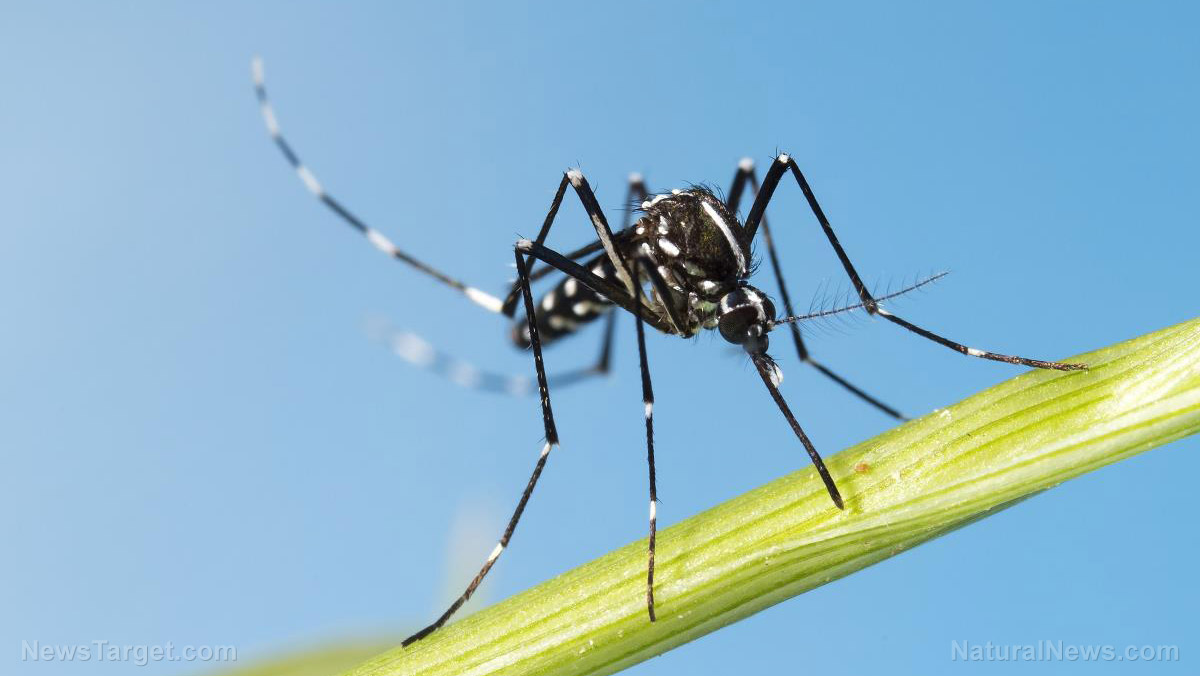
Since WNV is spread by mosquitoes, the generally accepted way to prevent it is to kill the mosquito larvae with larvicides. However, these chemicals are bad for both the environment and human health. Now, a study by researchers from the University of Waterloo has uncovered a chemical-free way to limit mosquito numbers in areas prone to WNV.
Hungry minnows to the rescue
The study, which was published in the journal PLOS One, found that if hungry minnows – small freshwater fish in the carp family – are introduced into mosquito breeding areas, the minnows will feed on the mosquito larvae, dramatically reducing the number of adult mosquitoes, thereby naturally curbing the spread of WNV.
“The best strategies to limit mosquitoes start at the larval stage,” explained lead researcher Brad Fedy. “Unfortunately, in North America, control efforts are largely limited to larvicides, which require a repeated application and have potentially negative ecological impacts. Addressing the problem with minnows provides many benefits in that it is low-maintenance, cost-effective, better for the environment in many cases, and our health."
The research team introduced minnows into 10 treatment reservoirs over a three-year period. Six additional untreated reservoirs were also monitored for control purposes. Treatment ponds demonstrated a 114 percent decrease in larva density compared to control ponds over all three seasons.
"There are many potential advantages to using indigenous fish species as an alternative for larval control including lowered environmental impact, decreased costs regarding time and financial inputs, and the potential for the establishment of self-sustaining fish populations," noted Fedy. "This isn't a complete solution to the dangers of West Nile, but it should be considered as part of any plan to protect the health of vulnerable populations." (Related: Home remedies and homeopathic solutions for the prevention and treatment of West Nile and other flu-like viruses.)
Protect your family from West Nile Virus
West Nile Virus has infected thousands and killed hundreds of Americans. If you are anxious to protect your family against WNV and other mosquito-borne illnesses and want to avoid chemical repellents, there are many natural ways to beat the bugs. These include:
Neem oil: The Malaria Institute in India found that neem oil is a more effective mosquito repellent than those that contain the harmful chemical DEET. Their findings were confirmed in the Journal of the Mosquito Control Association and the National Research Council.
Soy oil: A report by the respected New England Journal of Medicine found soy oil to be at least as effective as DEET at repelling mosquitoes.
Catnip oil: A study by researchers from Iowa University found that catnip is 10 times more effective than DEET as a mosquito repellent.
Discover more about the dangers of chemical pesticides and repellents at Pesticides.news.
Sources for this article include:
Please contact us for more information.























